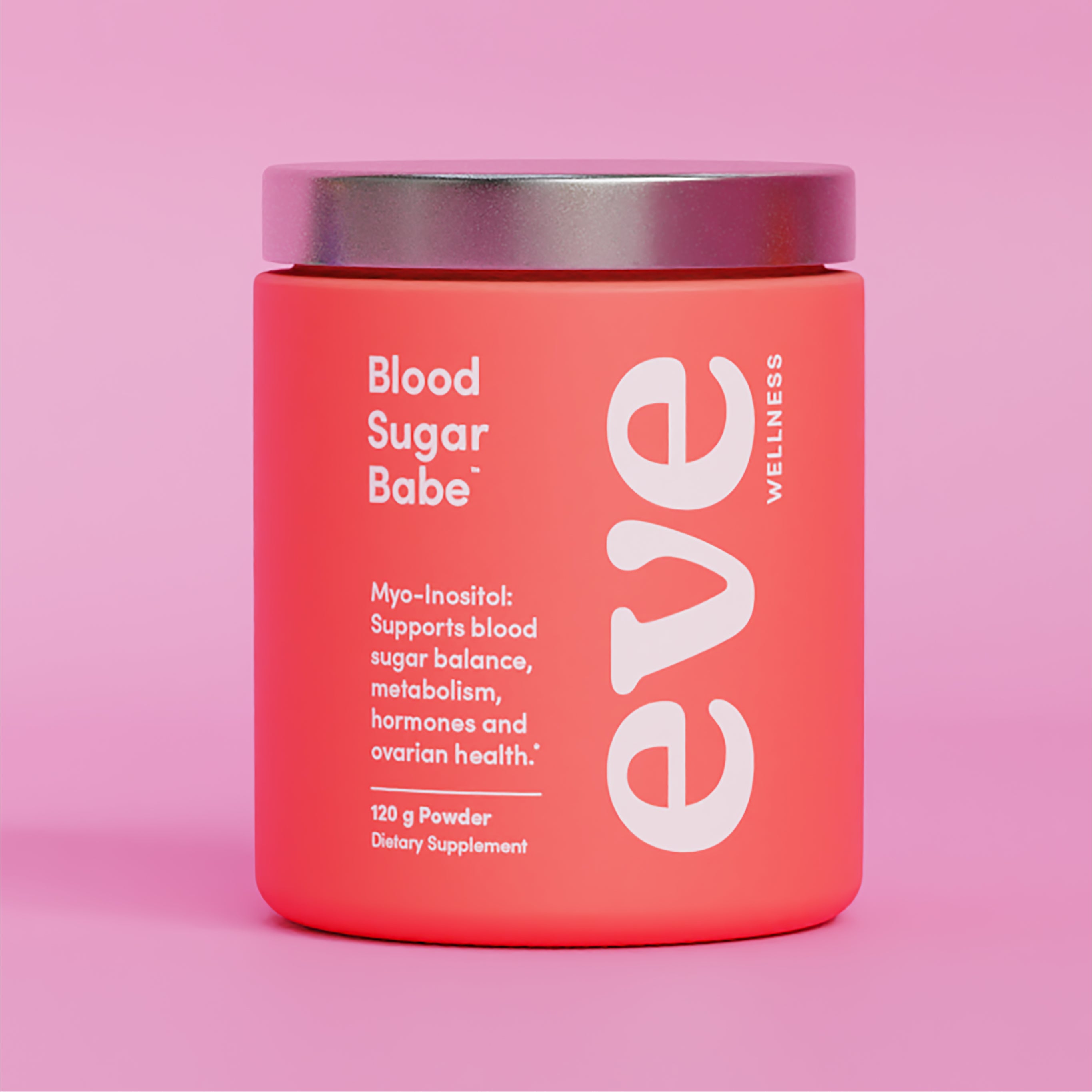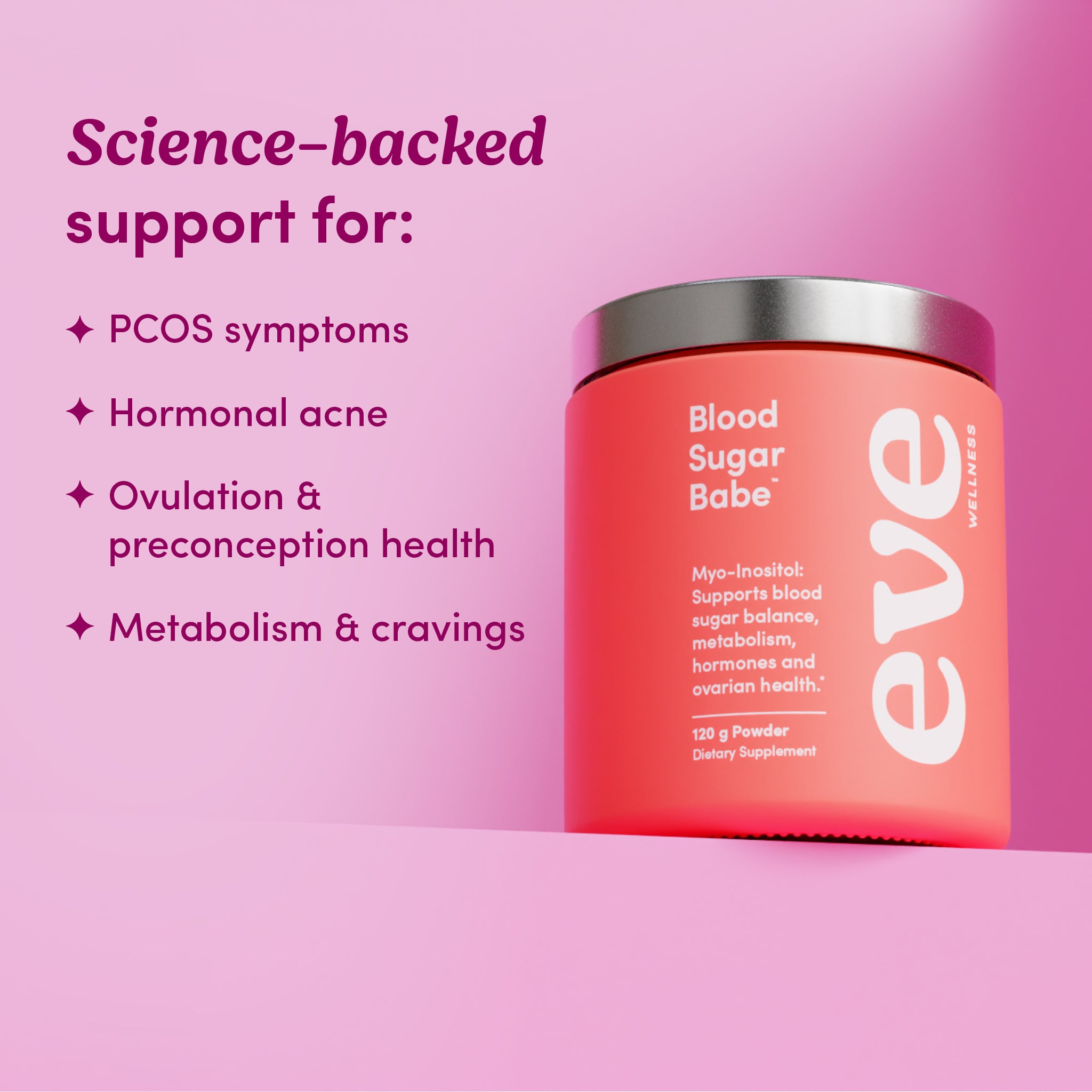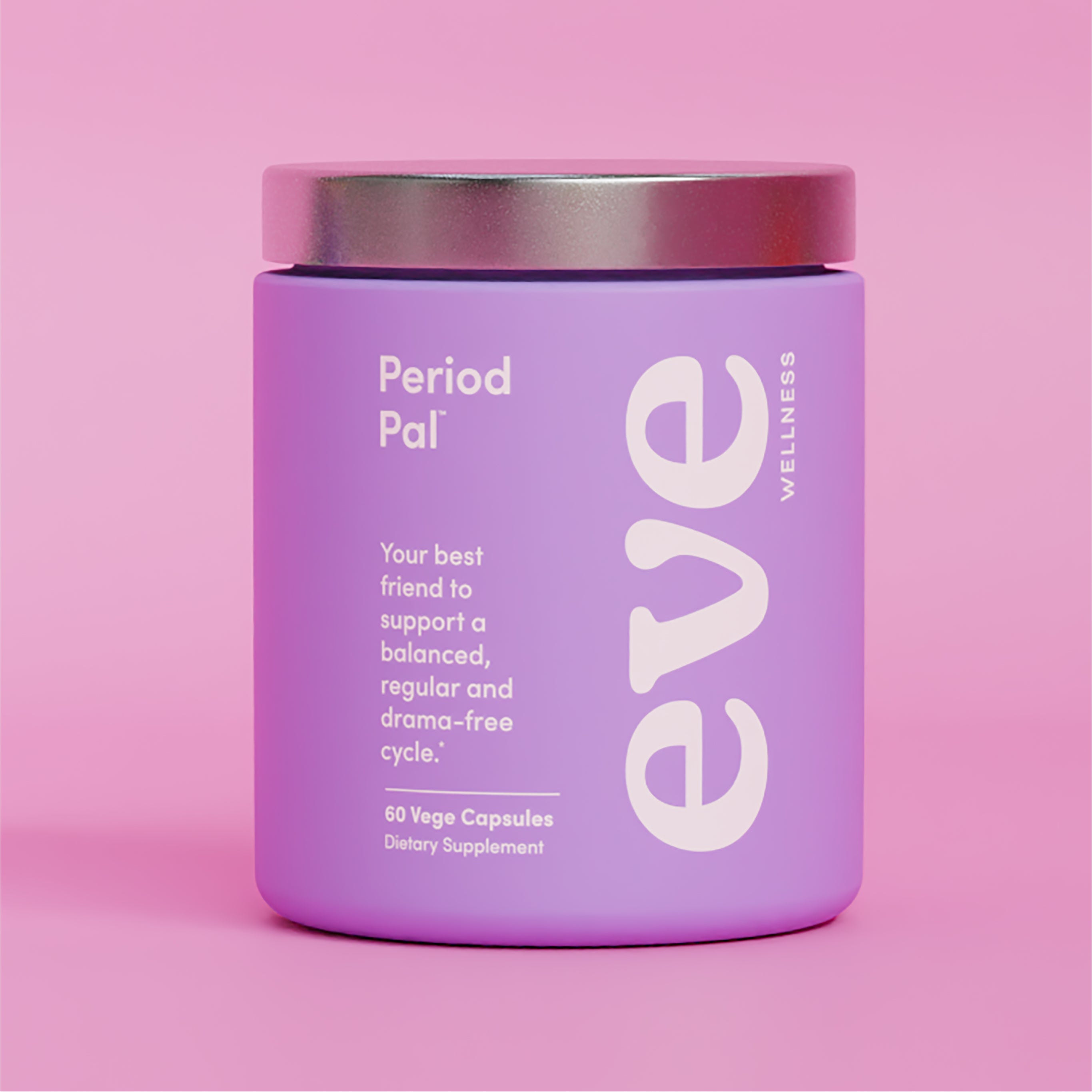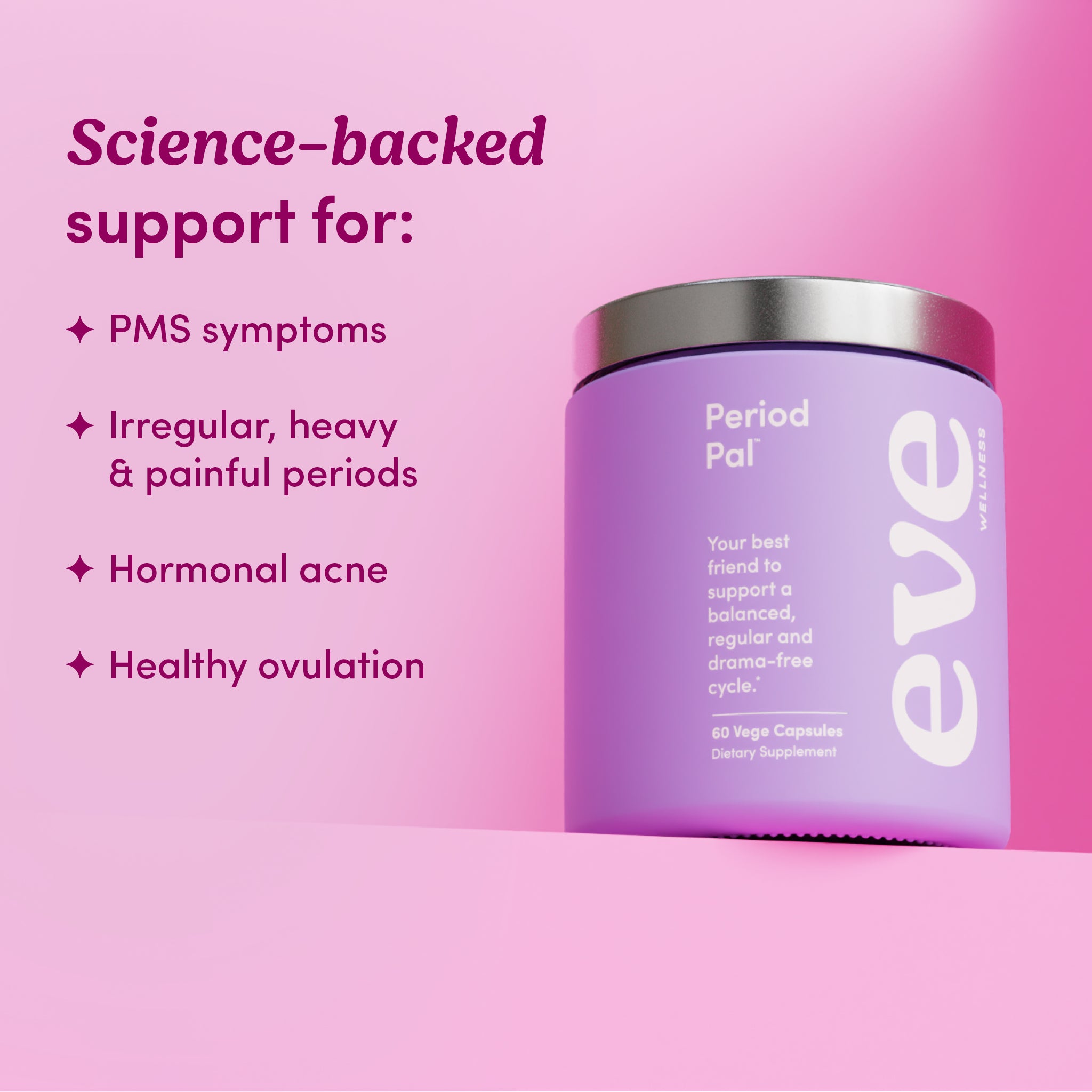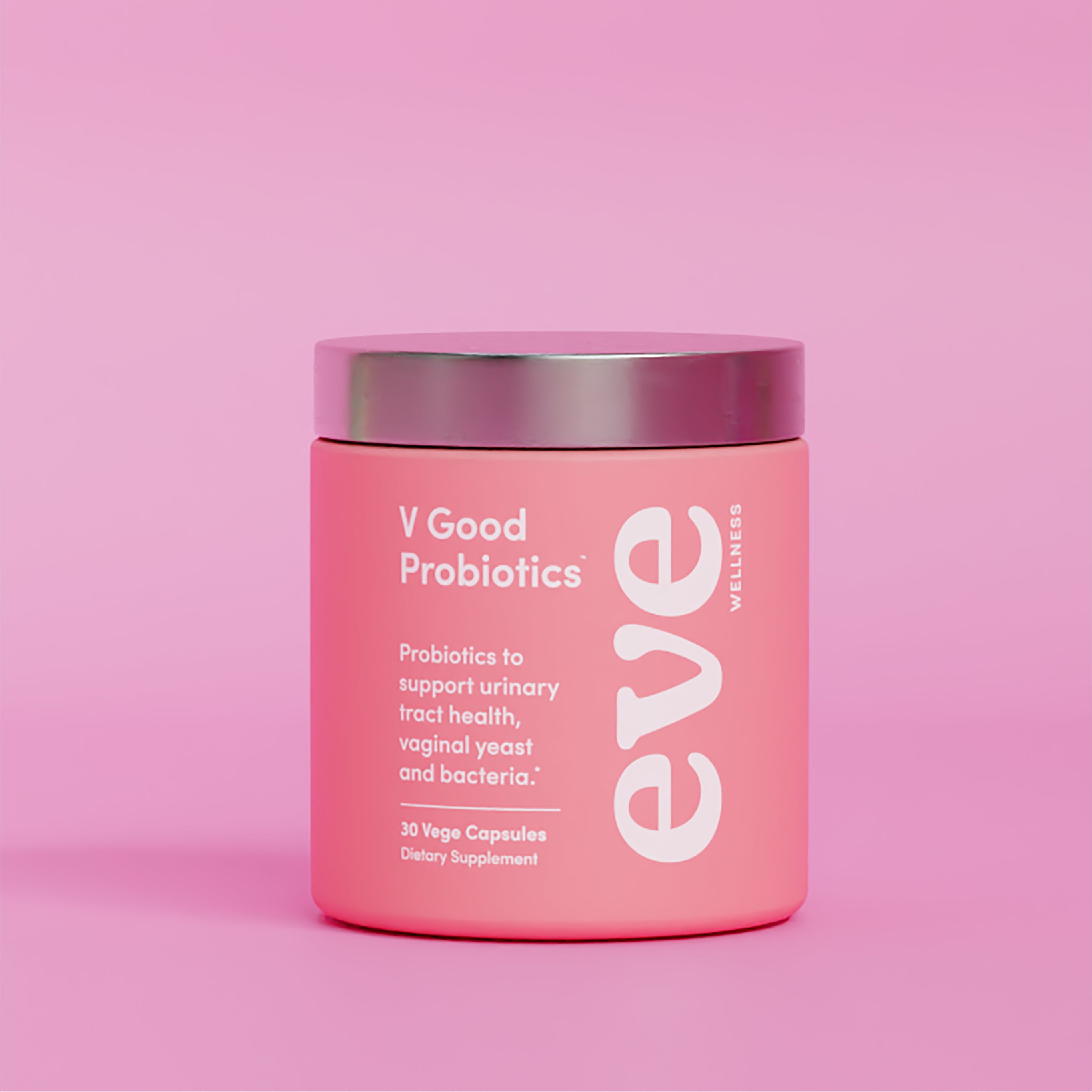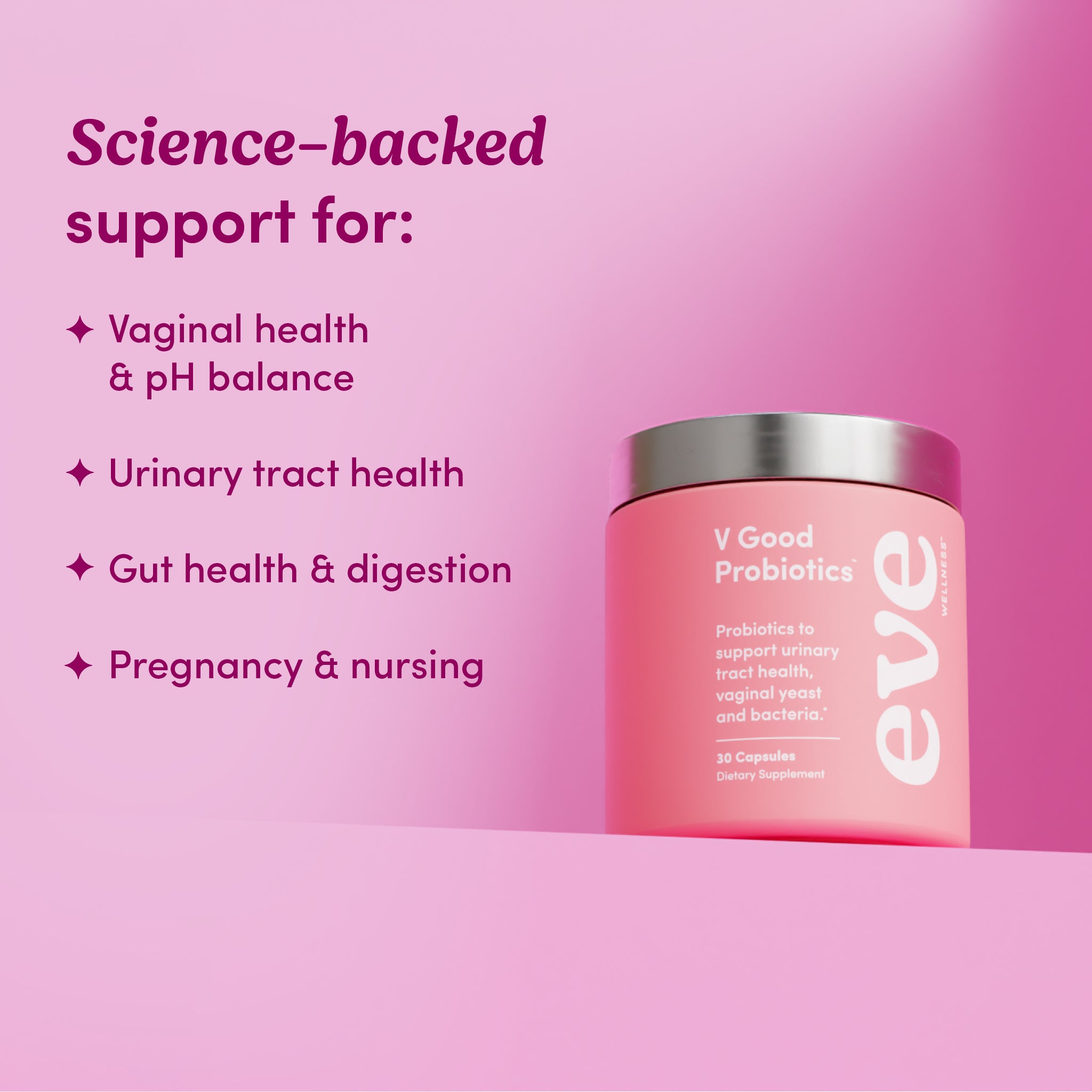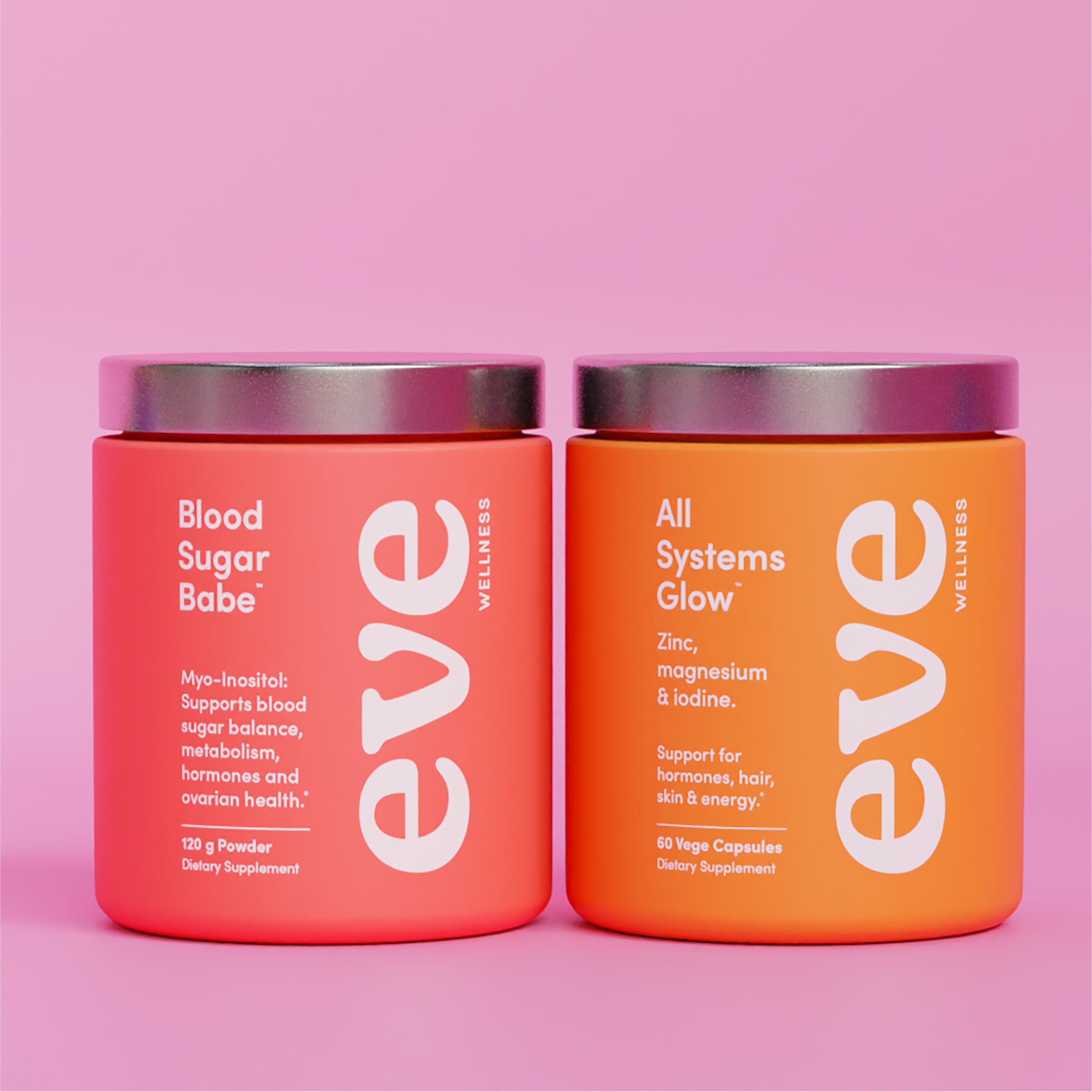Realised that your hormones could be to blame for your mood swings as of late? Great start! Here’s a quick list of things you can incorporate in your day-to-day life to help find a little more balance.
Support Progesterone & Ovulation
Progesterone is a lovely relaxing, soothing hormone that helps us sleep and is arguably the most important sex hormone when it comes to mood. Low progesterone levels, or low progesterone in relation to oestrogen, is a common cause of PMS symptoms such as the delightful mood swings that keep us and our loved ones on their toes!
Small amounts of progesterone are made in the adrenal glands, however the majority is released by the corpus luteum (in the ovaries) after you ovulate. This is one of the reasons why ovulation is super important for hormonal health, whether you’re trying to conceive or not.
Ways to naturally support your body with ovulation and adequate progesterone levels include:
- Eat enough and include the right kind of carbohydrates in your diet such as starchy vegetables and gluten free grains. Undereating and extreme carb restriction can communicate to the body that the world is not a safe place for potential pregnancy and throw your cycle out of whack.
- Manage your stress! Whether it’s work, money, relationships, HIIT, eating the wrong foods or overdoing it on coffee and alcohol, your body doesn’t know the difference. Pick one stressor to reduce, and build gradually from there.
- Ensure you are getting plenty of B vitamins, especially vitamin B6, found in high amounts in eggs, chicken, turkey and legumes. B vits support the ovaries in doing their job well.
Stabilise blood sugar levels
Stable blood sugars = stable moods and stable hormones. Comfort foods can make you feel really good for a short time but this is always short lived. Simple sugars (think chocolate, sweets, cakes, ice cream and the like) give a temporary buzz, spiking your blood sugar then crashing it just as hard, leading to that inevitable hangry feeling.
The right food for you will keep you full and satisfied for a good 4 hours before bringing on a gradual hunger. As a general rule, making sure your meals have a good source of both fat and protein and choosing complex carbs over simple sugars is a great place to start.
Cut the caffeine
You might love coffee but your hormones certainly do not. The hit of energy and alertness you feel after your morning flat white is actually a surge in stress hormones, preparing you to fight or flee from danger. Both cortisol (a stress hormone) and progesterone are made from the same precursor hormone, pregnenolone. If the body is constantly in a stressed state, the production of stress hormones will be prioritised over sex hormones, meaning we get less of our relaxing, feel good hormone, progesterone.
Love your liver
The liver also plays a huge part in supporting balanced hormones and stable moods through its role in the detoxification of oestrogen. If it is overwhelmed dealing with alcohol, caffeine, plastics and chemicals from our skin care and makeup; our oestrogen metabolism can become compromised leading to symptoms of oestrogen excess or dominance. This has been linked to irritability, mood swings and other PMS symptoms.
Show your liver some love by eating plenty of cruciferous vegetables, avoiding plastics as much as possible and consider taking a break from alcohol and coffee.
Focus on nutrients
Nutrients are the building blocks of our health, hormones and moods. Therefore, where we find nutrient deficiencies we also find hormone imbalances.
Vitamin D plays a huge role in the production of feel good hormones such as serotonin and dopamine. The best way to get vitamin D is the sunshine, hence why we are generally happier in the summer.
Food sources of vitamin D include oily fish, liver, eggs, mushrooms and raw dairy.
Selenium, iodine, zinc, magnesium and omega-3 fatty acids such as EPA and DHA are also important for your hormone levels, and therefore your hormonal mood support.
Look after your gut
The gut is responsible for making the majority of our serotonin and alongside the liver, it plays a role in clearing oestrogen. This means that gut health is super important for balanced hormones and stable moods.
Some of the best ways to support great gut health are:
- Cut the sugar and focus on wholefoods.
- Chew your food to liquid! Great digestion starts in the mouth, people.
- Include gut-loving fermented foods in your diet such as sauerkraut, kimchi, kombucha, yoghurt and kefir.
- Cut out foods that make you feel sleepy, bloated or ‘foggy’ after you eat them.
Prioritise sleep
We all know how it feels to be sleep deprived and it’s not great. If you want to support your hormone balance and mood stability, sleep needs to be a top priority for you. A lack of sleep puts the body under stress which, as discussed above, can have a negative impact on our hormone balance.
It’s not just the amount of sleep you get that matters, but the quality and timing of it too. Aim for 7-9 hours and try to get to bed and wake up around the same time each day.
Consider your birth control
Hormonal birth control (including the pill, IUD, implant and the depo shot) contains a synthetic forms of progesterone called progestins. These synthetic hormones behave differently in the body, and can affect your mood in completely different ways than the natural versions.
Some studies have shown that users of hormonal contraception are more likely to be prescribed antidepressants than non-users. The research around this relationship is not yet clear cut and it is likely that everyone is affected differently, however this is something to be aware of if you have noticed differences in your mood since starting or changing hormonal contraception.
The different types of hormonal contraception use different forms of progestins so sometimes it can take a little trial and error to find one that works for you, if this is your preferred method of contraception.
We always prefer methods of contraception that don’t use synthetic hormones, as your natural hormones do so many lovely things for your body. However, if you are using hormonal contraception to manage hormonal symptoms this could be a great opportunity to get to the root cause of the symptoms you are experiencing.
Exercise right for you
That buzz you get after killing it in the gym is actually a release of natural endorphins, which is great for your mood and can be a great form of stress release in the right amounts.
However, overdoing it by training too hard or too often (or both) can actually have the opposite effect, triggering a fight or flight response in the body and increasing the production of stress hormones such as adrenaline and cortisol.
This isn’t to say exercise is bad, or that you shouldn’t do it. Just to ensure you are exercising in a way that is beneficial to your mind and body. Low intensity, restorative exercises such as yoga, pilates and walking outside can be hugely beneficial in reducing stress levels and supporting hormone balance and mood.
Looking for extra support? Try Period Pal - every woman's best friend to support a balanced, regular and drama-free cycle.
